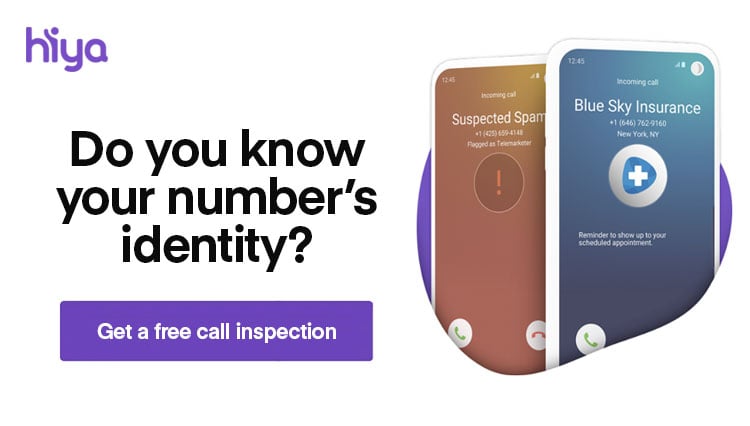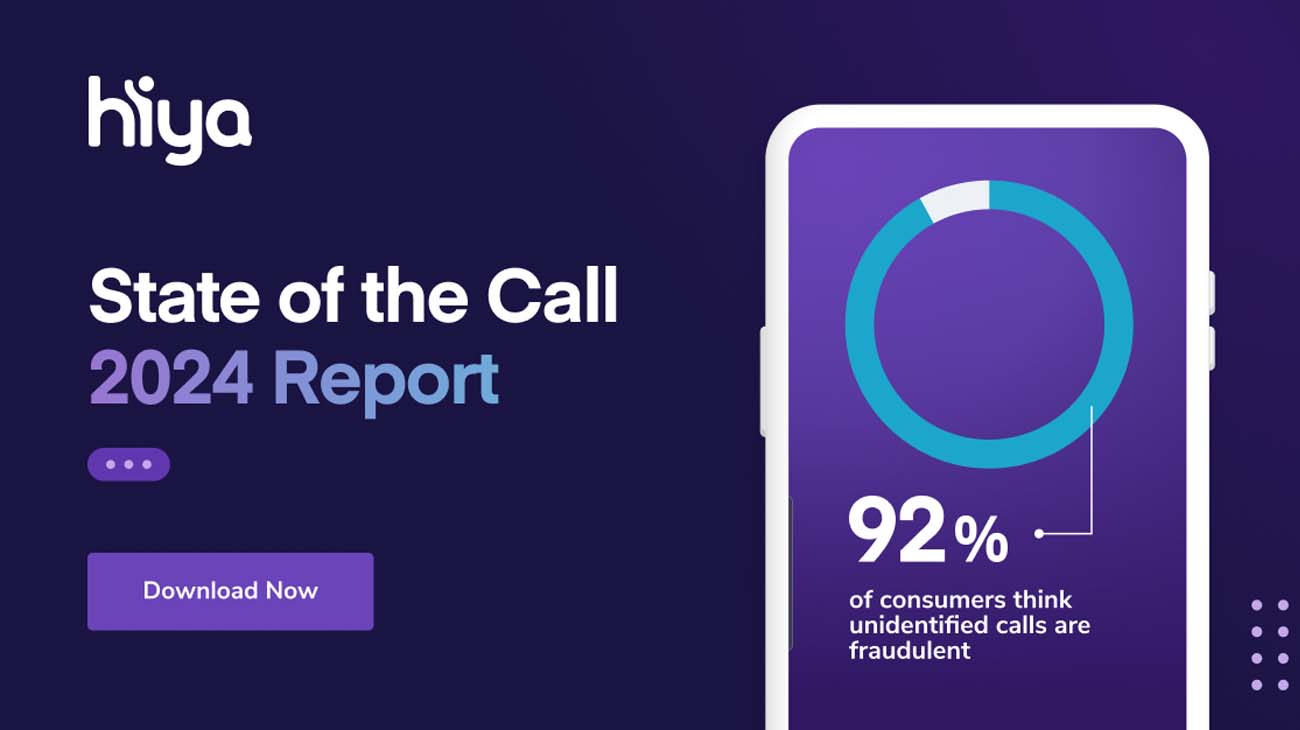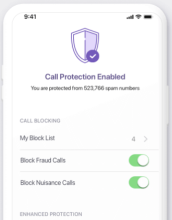With the opening of tax season last month, we’ve seen a massive increase in tax-related phone scams. Tax scam calls reached their highest point during the pandemic in February 2021 and the United States is on track to see a new monthly high for the month of March. In fact, there have already been more tax scam calls in the February-March timeframe in 2021 than 2020, and there are still two weeks left in March.
So, what’s going on this year?
Let’s start with the data. Since the opening of tax season on February 12, we’ve already seen millions of scam calls targeting American taxpayers, just one million short of the total for February, March and April of 2020 combined. With another six weeks to go before we hit the end of April, we are on track to see significantly more tax scam calls this year.
As we dig deeper into the data, we also see several trends emerge. We’ve seen an 8.6% week-over-week increase since tax season opened, and the top days of the week for tax scams this year are Tuesday through Thursday — there is a steady increase from Monday through Thursday, then we see a significant decrease on Friday and minimal activity on the weekends.
When we look at these scams over the entirety of the pandemic, February marked the most tax scam calls since March 2020. Last year, tax scam calls — and robocalls overall — tanked from March to April, and there has been a slow recovery since as we’re just now returning to pre-pandemic levels. As the pandemic took hold last spring, there was a nearly 50% drop in tax scam calls from March to April 2020, finally bottoming out in May before starting a slow climb back to the current state.
Top Area Codes for Tax Scams
Now, let’s look at where these scammers are targeting. Many of the top targeted area codes are in the southern United States (you can read more about why this region is more targeted from Hiya president Kush Parikh in CNN’s recent article What it’s like to live in the robocall capital of America). In 2021, here are the top targeted area codes for tax scams:
- 214 - Dallas
- 512 - Austin
- 210 - San Antonio
- 817 - Fort Worth
- 404 - Atlanta
- 303 - Denver
- 702 - Las Vegas
- 310 - Los Angeles
- 407 - Orlando
- 917 - NYC
Ghost Preparers and other Tax Scam Tactics
And what are these scammers telling victims? The most common tactic is for the scammer to impersonate the IRS or another government agency and request the victims social security number or other personally identifiable information in order to process their tax return. This can be tricky for victims to spot as the impersonators may already have some of the victim’s personal information, including name and address. Another similar tactic is for the impersonator to call a victim and claim they own money to the IRS. The scammers may offer to expedite the process by requesting the victim pay their back taxes immediately. Listen below for a recorded example of an IRS Spoofing scam.


The newest scam that has emerged is for scammers to impersonate tax preparers and sell fake tax services. The IRS recently issued a warning on “Ghost Preparers” to notify the public of this new scam. The pandemic may exacerbate this issue as more people will likely file their taxes online this year. And to further complicate matters: The tax deadline was recently extended from April 15 to May 17, which will likely create further confusion that scammers will use to their advantage.
How to Avoid Tax Scams
And finally, what can we do about this problem? How can we keep ourselves and our loved ones protected this year? Here are some ground rules to avoid tax scams:
- If the IRS (or US Treasury or FBI) calls you as the first point of contact regarding your taxes, hang up. The IRS does not call people as the first point of contact — they will make several attempts via snail mail first. If you receive an IRS impersonation scam call, make sure you file a complaint on the TIGTA website to help others avoid being victimized.
- Remember the telltale signs of scammers:
- They know basic details but ask for sensitive information;
- They demand immediate payment via prepaid debit, wired money transfer, etc.;
- They use scare tactics like threatening to call the police.
- Add an extra layer of security by utilizing a call protection app like Hiya, or take advantage of the services your carrier provides. If you’re an AT&T subscriber, these known fraud calls are already automatically blocked before they even reach your device.
We hope this helps you stay protected and informed this tax season!
Click below to read more about the state of the call in 2021 including trends in scam calls and much more.













